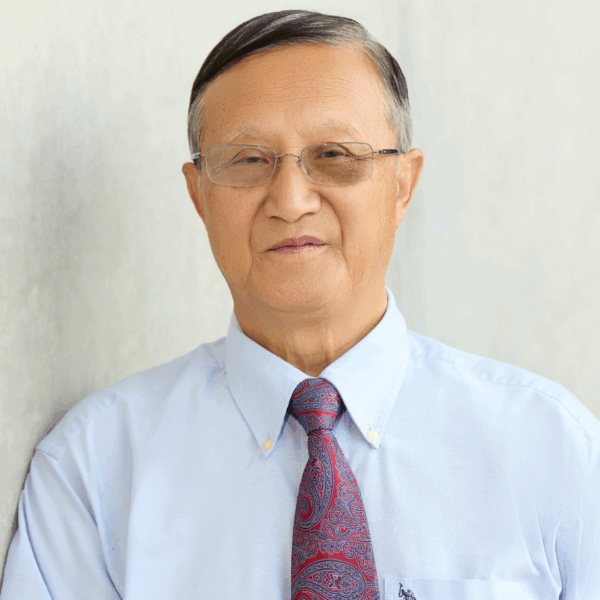Research
Dr. Ma’s laboratory utilizes a multidisciplinary approach from physiology/pharmacology, biochemistry, molecular biology, and histochemistry to integrative research in both animal models and human studies.
His research is primarily focused on gas-transmitters signal pathways and biochemical/physiological studies on the following areas: developing biocapture tools and methods to collect/quantify key biomolecules over skin regions as biomarkers for diagnosis and screening of coronary artery disease and cancers, and explore molecules, structure, pathways, and mechanistic functions of meridian system; and investigate the therapeutic effects and mechanisms of acupuncture, slow breathing exercises and slow breathing related mind-body practices (meditation/qigong/yoga) on pain relief, hypertension and weight control.
Biography
Dr. Sheng-Xing Ma is a well-trained physician with experience in internal medicine in China and has completed his Ph.D./fellowship training in the Cardiovascular Research Center at University of Iowa. He graduated from the Sun Yat-sen University of Medical Sciences, received a Master’s Degree in China Academy of Traditional Chinese Medicine, and earned his Ph.D. in the pharmacology at the University of Iowa.
Dr. Ma was recruited to UCLA as an Assistant Professor in 1996, and he received a promotion to Associate Professor In-Residence in 2003 and Professor In-Residence in 2009 at UCLA’s David Geffen School of Medicine and Harbor-UCLA Medical Center. He has awarded and directed 16 grants from the NIH and other organizations (totaling >$5.0 million in funding) as Principal Investigator on the pioneering studies of acupuncture mechanisms, mind-body practices, and the meridian system.
His lab has found that nitric oxide (NO) serves as a neurotransmitter to mediate acupuncture information through dorsal medulla-thalamic tracts, which represents the second milestone of acupuncture mechanisms since the discovery of opioid peptide-mediated acupuncture effects. Another novel discovery in his lab is that NO is an important endogenous meridian chemical, and the NO-ergic system contributes to therapeutic effects of meridian practices and diseases.
He has developed a painless, non-invasive device (US patent 7,092,752 B2) to collect NO and related biomolecules from skin regions for physiological changes and various diseases in humans. The technologies allow us to collect/quantify key biomolecules over skin regions as biomarkers for the diagnosis and screening of coronary artery disease and cancers, and explore molecules, structure, pathways, and mechanistic functions of meridian system.
He has served as a reviewer for NIH Study Sections, an editorial board member in several medical journals, and a Vice Chair of the Cardiovascular Committee, World Federation of Chinese Medical Societies.
